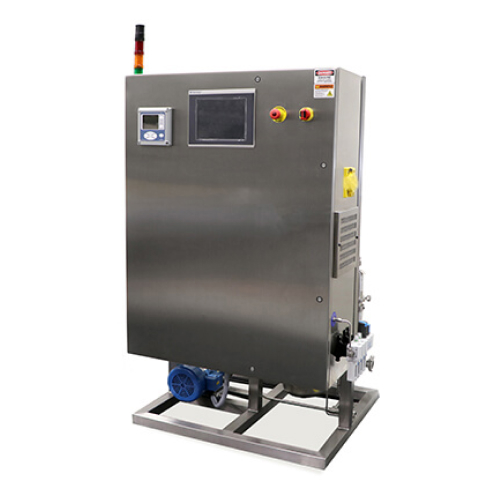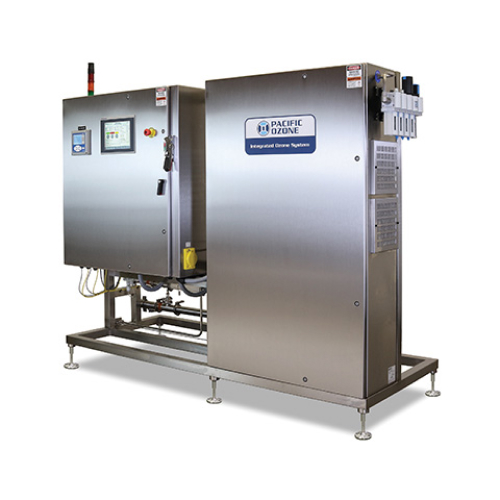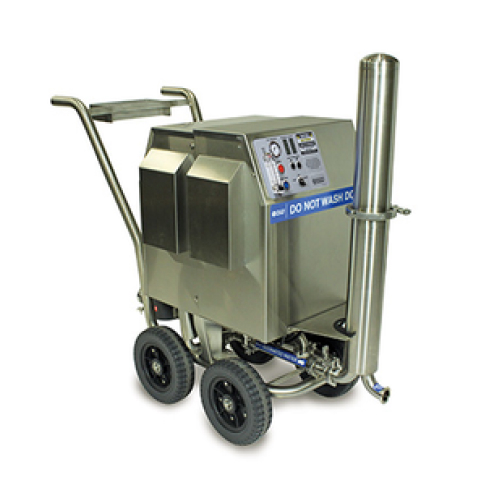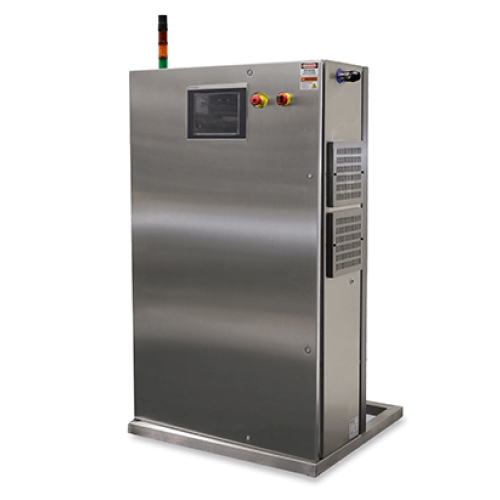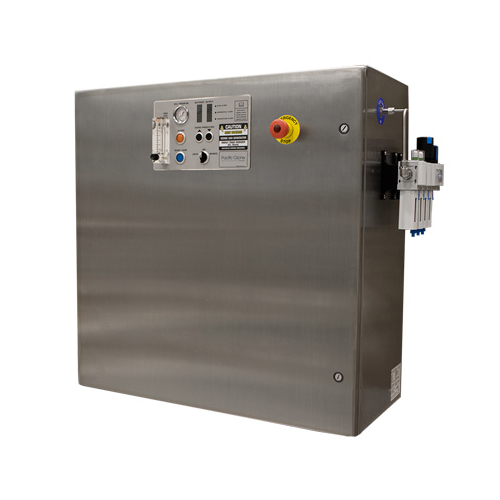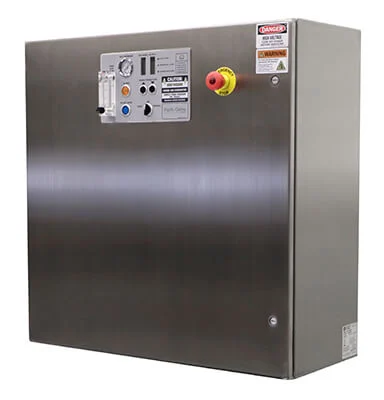Recent Posts
Wastewater treatment in the oil and gas industry

Ozonation in the oil and gas industry is primarily used for wastewater treatment, particularly in oil refineries. It involves the use of ozone (O3) gas to treat and purify wastewater generated during various processes in the industry. Here are some common applications of ozonation in the oil and gas sector, with a focus on wastewater treatment:
1. Ozonation of Wastewater:
- Application: Oil and gas operations generate significant amounts of wastewater containing various contaminants, including hydrocarbons, heavy metals, and other pollutants. Ozonation is employed to treat this wastewater, rendering it safe for disposal or potential reuse.
- Advantages:
- Efficient Contaminant Removal: Ozone is effective in breaking down and oxidizing a wide range of organic and inorganic pollutants, including hydrocarbons, phenols, and heavy metals.
- Disinfection: Ozone helps eliminate harmful microorganisms in the wastewater, making it safe for disposal or discharge.
- Chemical Oxidant: It can enhance the removal of persistent organic pollutants that may be present in the wastewater.
2. Application of Ozonization at Oil Refineries:
- Hydrocarbon Removal: Ozonation is used at oil refineries to remove residual hydrocarbons and other organic compounds from process water and wastewater streams.
- Sulfide Oxidation: In cases where hydrogen sulfide (H2S) is present in wastewater, ozone can be applied to oxidize sulfides into less harmful forms such as sulfates (SO4).
- Process Water Treatment: Ozonation can be used to treat process water for reuse in various refinery operations, reducing water consumption and wastewater discharge.
Benefits and Peculiarities:
- Effective Oxidation: Ozone is a strong oxidizing agent, capable of breaking down complex organic compounds into simpler, less harmful byproducts.
- Minimal Residues: One of the advantages of ozonation is that it doesn’t leave behind harmful chemical residues, which is important in the context of environmental and regulatory compliance.
- Pathogen Elimination: Ozonation can effectively disinfect wastewater, eliminating pathogens and reducing the risk of contamination.
- pH Control: Ozonation can be used to control and adjust the pH of wastewater, particularly if acidic or alkaline conditions are a concern.
- Safety Considerations: Handling and implementing ozone systems in the oil and gas industry requires safety precautions, as ozone is a strong oxidizer and can be hazardous if not managed properly.
- Regulatory Compliance: The oil and gas industry is subject to strict environmental regulations, and the use of ozonation in wastewater treatment can help meet these compliance requirements.
- Energy Consumption: While ozonation is effective, it may require significant energy input, particularly for the generation of ozone gas. Therefore, the energy cost should be considered in the treatment process.
In summary, ozonation in the oil and gas industry, particularly in oil refineries, is a valuable tool for the treatment of wastewater, reducing the environmental impact of the industry and ensuring compliance with environmental regulations. It offers benefits such as efficient contaminant removal, disinfection, and the potential for water reuse, but it also requires careful management and consideration of safety and energy consumption.

